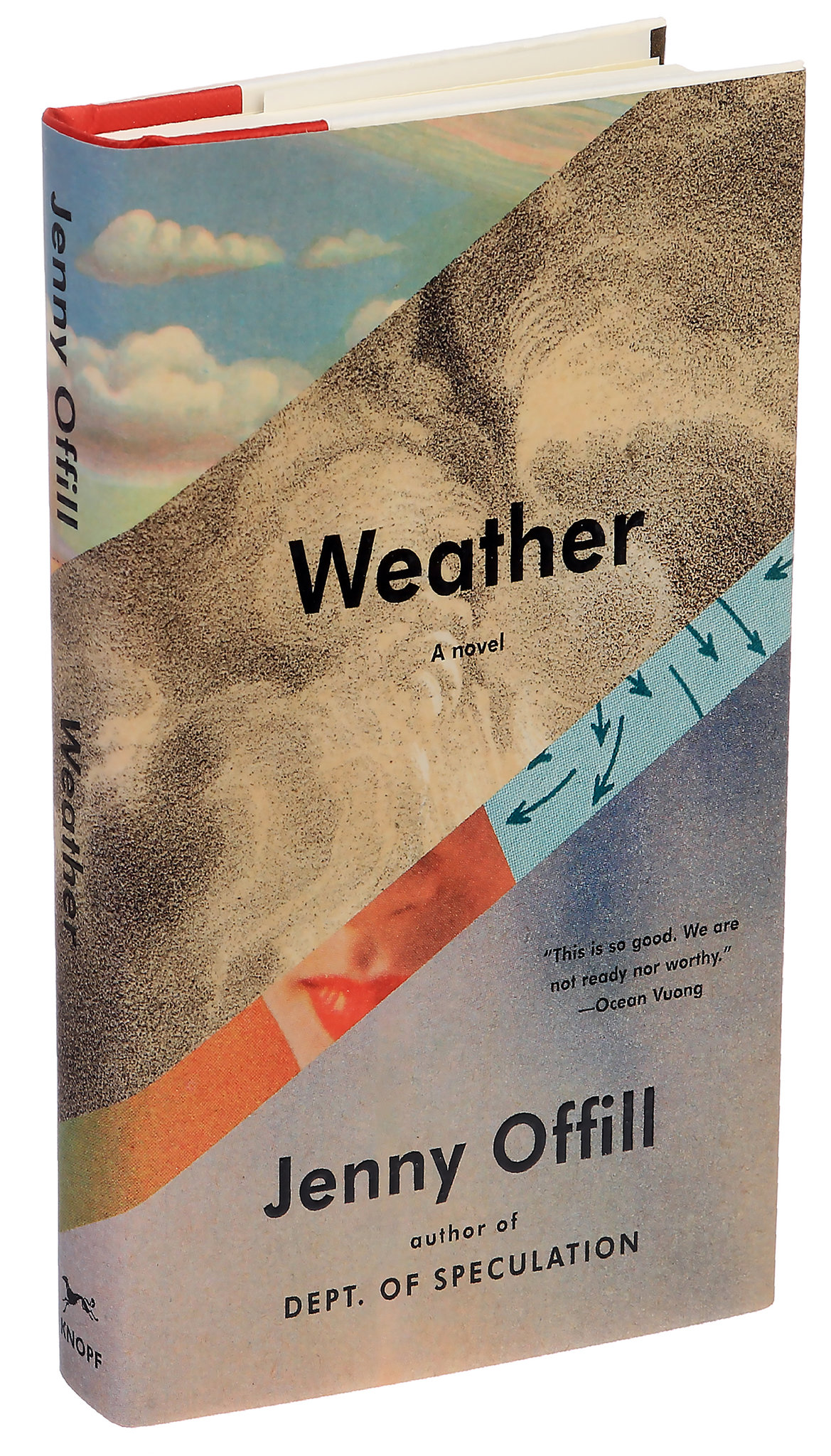

Offill, who lives in upstate New York with her husband and teenage daughter and teaches in the MFA program at Syracuse University, spoke to me about books she’d read on the subject, like Beautiful Trouble by Andrew Boyd, and about her involvement with the global environmental group Extinction Rebellion: “My natural inclination is very non-joiner… but, with climate change, I just feel like even if it all fails-which it very well might-I’ve taken the quite simple action of talking to people younger than I am, of talking to my daughter, and feeling like I didn’t just keep looking away from what I knew. Offill and I spoke twice about Weather-once about a week before Christmas, at the wreath-festooned bar of New York City’s Jane Hotel, and once again, about a month later, over the phone-and each conversation was punctuated with her references to the many things she is actually, actively doing to prevent her fear about climate change from turning into despair. It serves as a literary weighted blanket of sorts rather than being a panacea for modern anxiety, it’s an acknowledgment of its oppressive presence, a dark and beautiful reminder that panic can only be conquered when it’s confronted, and that, sometimes, being afraid just means you’re paying attention.

of Speculation, is probably exactly the book you want-a cracked-mirror reflection of our collective fears about climate change, fascism, addiction, family, and safety. All to say, you don’t need Weather to know which way the wind blows.Īnd yet, Jenny Offill’s third novel and follow-up to 2014’s wildly successful Dept. Half of Australia was burning, the president was mocking a teenager on Twitter because of her position on climate change, and it was officially revealed that we’d just endured the second hottest year on record, with the top five all having been in the 2010s.

The end of 2019 was defined by such a microclimate: Everyone asked for weighted blankets and sound-blocking sleep headphones as holiday presents. Anxiety takes on a humid quality, it settles onto your skin so that it’s hard to know whether it’s the atmosphere that’s generating all that static or if it’s just you. The end of a year is already a microclimate of anxiety, unmet expectations, and misplaced nostalgia for all that hasn’t happened and probably never will, but when the end of a year is also the end of a disaster-filled decade, well, that microclimate grows even more acute.


 0 kommentar(er)
0 kommentar(er)
